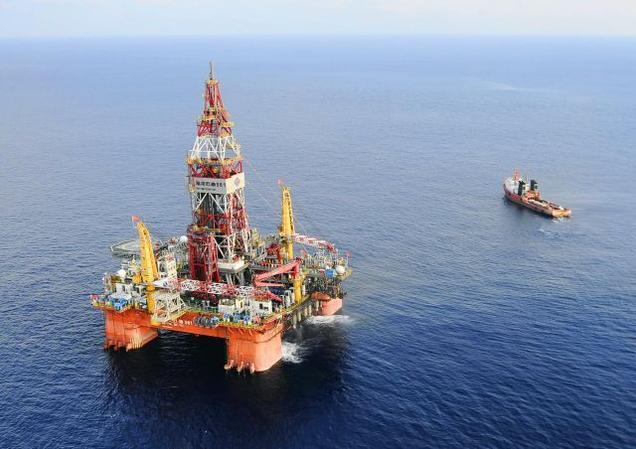
CHINESE - PHILIPPINE DISPUTE

According to REUTERS, an international court said it would deliver a hotly anticipated ruling in the Philippines' case against China over the South China Sea on July 12, drawing an immediate rebuke from Beijing, which rejects the tribunal's jurisdiction.
The United States, which is a close ally of the Philippines and is concerned about China's expansive South China Sea claims, reiterated its backing for The Hague-based Permanent Court of Arbitration and urged a peaceful resolution of the dispute.
Manila is contesting China's historical claim to about 90 percent of the South China Sea, one of the world's busiest shipping lanes. Several Southeast Asian states have overlapping claims in the sea and the dispute has sparked concerns of a military confrontation that could disrupt global trade.
In a lengthy statement, Chinese foreign ministry spokesman Hong Lei said Manila's unilateral approach flouted international law.
"I again stress that the arbitration court has no jurisdiction in the case and on the relevant matter, and should not hold hearings or make a ruling," he said.
He said: "On the issue of territory and disputes over maritime delineation, China does not accept any dispute resolution from a third party and does not accept any dispute resolution forced on China."
In Manila, presidential communications secretary Herminio Coloma Jr said the Philippines "expects a just and fair ruling that will promote peace and stability in the region".
U.S. state department spokeswoman Anna Richey-Allen reiterated U.S. backing for the court. "We support the peaceful resolution of disputes in the South China Sea, including the use of international legal mechanisms such as arbitration."
China's official Xinhua news agency said the court was a "law-abusing tribunal" that had "widely contested jurisdiction." It said the case would only worsen the dispute.
"Manila fails to see that such an arbitration will only stir up more trouble in the South China Sea, which doesn't serve the interests of the concerned parties in the least," it said.
DASHED LINE
China's bases its South China Sea claim on a so-called "Nine Dash line" stretching deep into the maritime heart of southeast Asia and covering hundreds of disputed islands and reefs, rich fishing grounds and oil and gas deposits.
A ruling against Beijing "would deprive China of any legal basis for making such a claim," Paul Reichler, the Philippines' chief lawyer in the case told Reuters.
For China to reject the ruling meant it had "essentially declared themselves an outlaw state" that did not respect the rule of law, Reichler said.
The Philippines argues that China's claim violates the U.N. Convention on the Law of the Sea and restricts its rights to exploit resources and fishing areas within its exclusive economic zone.
While the territorial dispute over the South China Sea was a key issue, priority would be given to crushing Islamist militants in the Philippines, Manila's new defence minister Delfin Lorenzana told Reuters.
Lorenzana's comments about his priorities will add to uncertainty about incoming Philippines president Rodrigo Duterte position on the dispute. Duterte has said he would confront Beijing but also said he would engage through dialogue.
U.S. officials are worried China may respond to what is widely expected to be a negative ruling for Beijing by declaring an air defense identification zone in the South China Sea, as it did in the East China Sea in 2013, and by stepping up its building and fortification of artificial islands.
U.S. officials say that beyond diplomatic pressure, the U.S. response to such moves could include accelerated "freedom-of-navigation" patrols by U.S. warships and overflights by U.S. aircraft as well as increased defense aid to southeast Asian countries.
China has accused the United States of "hyping" the issue and warned in May that international complaints about its actions in the South China Sea would snap back on its critics. But it has largely avoided specific comments on how it might respond to the arbitration ruling.
Tensions have spread ahead of the ruling, with Indonesia's president ordering an expansion of offshore oil exploration and commercial fishing in waters near the Natuna Islands, where Indonesian navy vessels and Chinese fishermen recently clashed.
-----
Earlier:
China:
Philippines:






